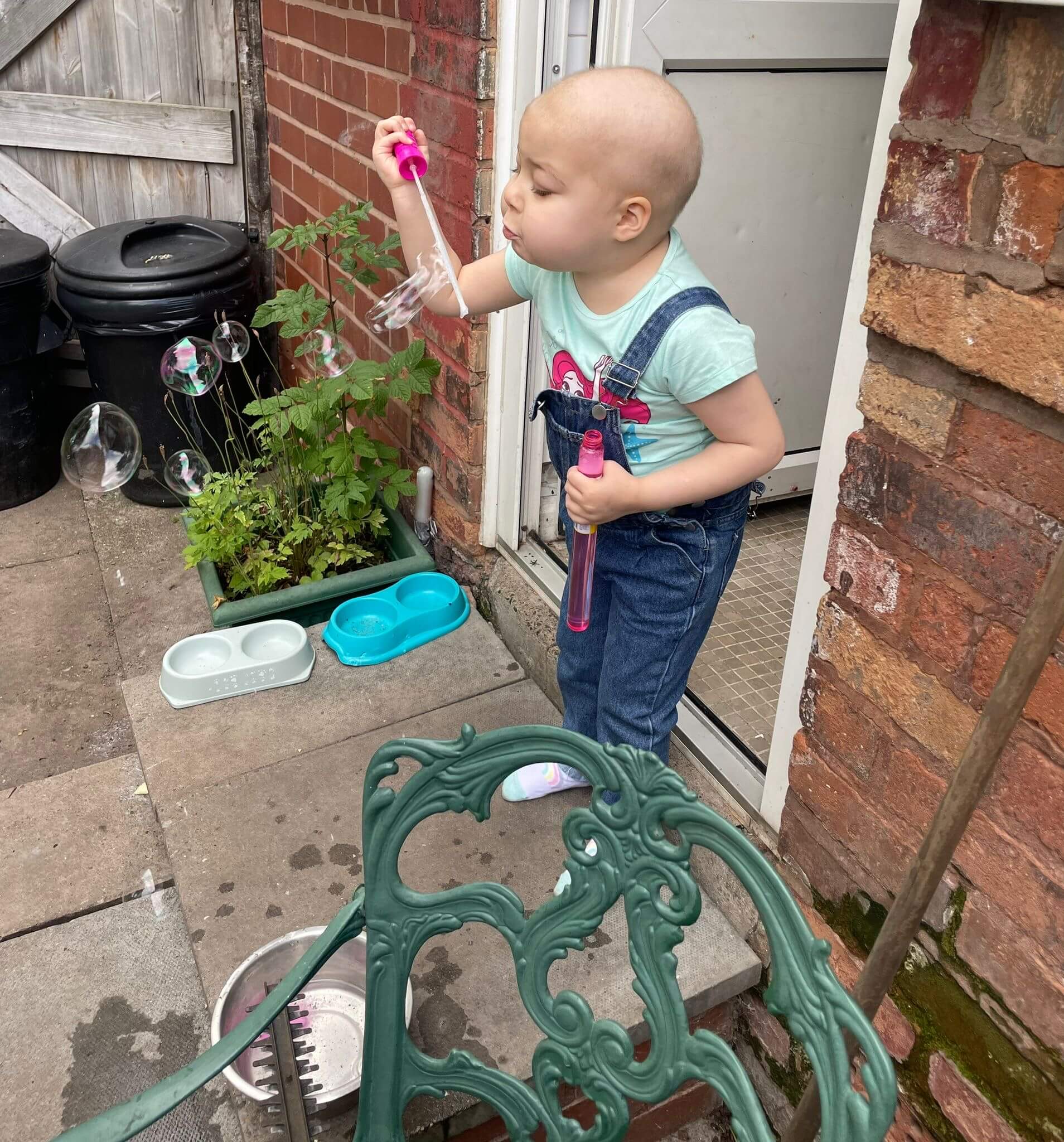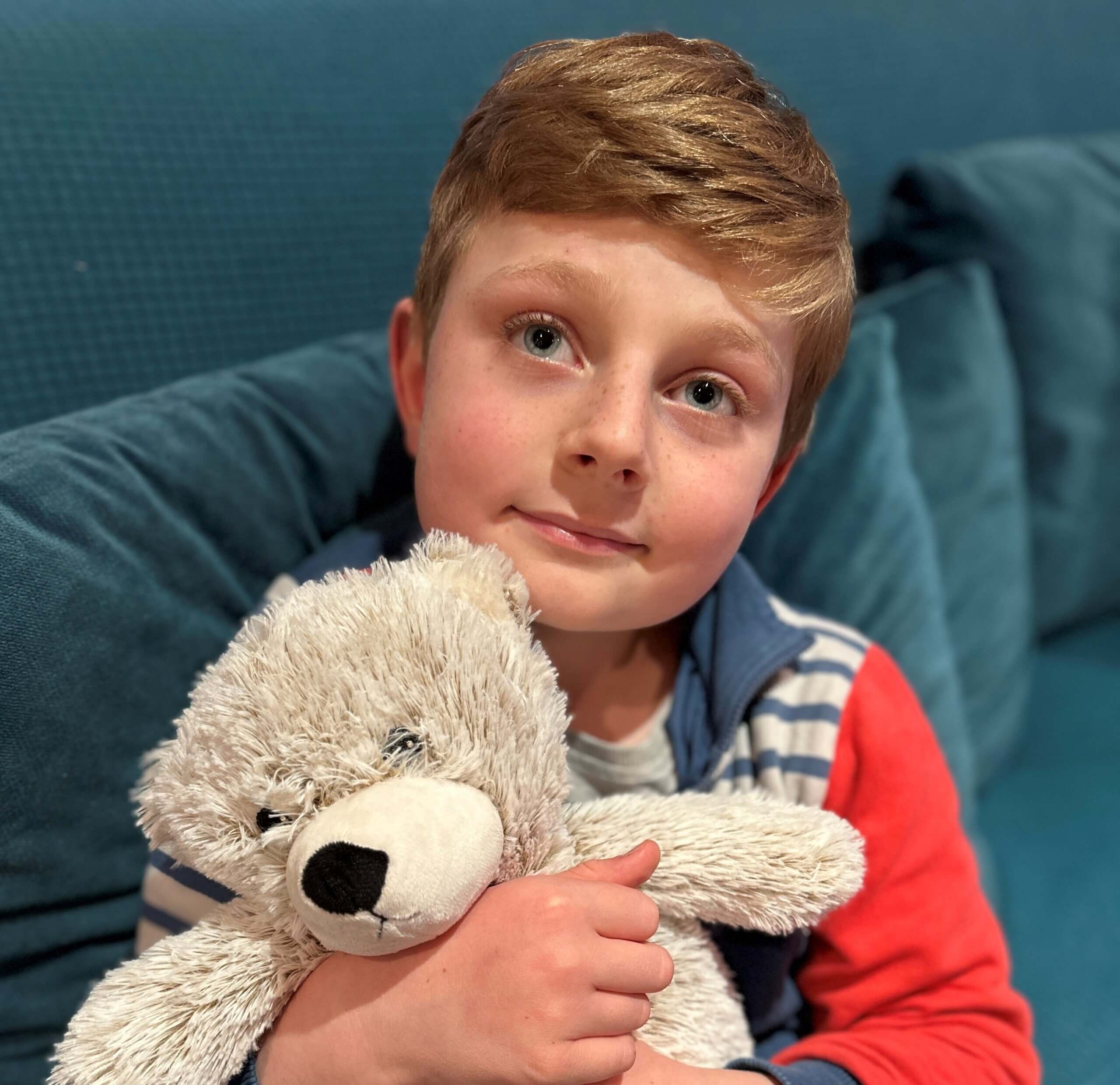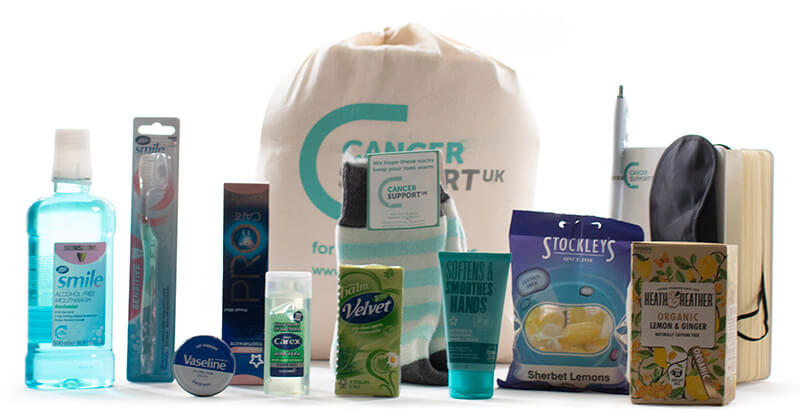Jane is one of Cancer Support UK’s amazing Cancer Coach volunteers. An experienced coach, she lives in Dorset and facilitates our Cancer Coach courses remotely for the benefit of people across the UK who have completed their cancer treatment.
“I became a Cancer Coach volunteer thanks to an advert I saw on Facebook during lockdown. I thought, this is perfect for me. It utilises my background in oncology together with my coaching skills. Having empathy and listening skills is also key to being a Cancer Coach.
“Most importantly though, it’s an opportunity for me to give something back and to make a difference to people who really need some support.
“I don’t have personal experience of having cancer, but I have worked within the cancer and oncology environment for the past 12 years. In addition, like many people, I have friends and family who have had cancer, which is quite a driver to wanting to help people affected by cancer.
“I did four weeks of training to prepare for Cancer Coach, as well as shadowing an existing course. I then ran my own course, which entails weekly sessions, lasting between an hour to an hour and a half, across six weeks, either in the afternoon or the evening, and there’s usually a check-in period. The course is very professionally organised and run by Cancer Support UK.
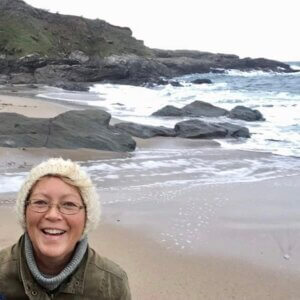 “Cancer Coach is aimed at people who are adapting to life after cancer, having completed their treatment. These people are trying to get back to some sort of normality or a new normal after the experience they’ve been through.
“Cancer Coach is aimed at people who are adapting to life after cancer, having completed their treatment. These people are trying to get back to some sort of normality or a new normal after the experience they’ve been through.
“The course, which is usually run in groups of around ten people, enables individuals to take responsibility for self-management and to set goals for the future. The course also helps them to understand their feelings and what causes their emotions.
“A really powerful benefit of Cancer Coach is that it offers peer support in a safe, confidential space, where people can talk about their experience with other people who understand what they are going through. I think that’s really important.
“In each session, we find out how people have got on during their week and then we guide them through specific topics, which are also covered in a handbook everyone is given.
“I really like the way the six-week course is structured. We start with a getting to know you session, which is a good bonding experience. For some, it’s the first time they are able to talk about their feelings and emotions.
“Then we look at why the emotions are there and how these are absolutely normal given the experience that they’ve been through. Everybody’s story is different and there’s no set time frame for feeling that you’re recovered and back to normal. After all, how can you go through that experience and be exactly the same person that you were before?
“We have little exercises and techniques that we use with the participants, which I try out on myself. We also do a session on breathing techniques and mindfulness, and a session on goal setting.
“It’s good to talk through with people about the expectations they have of themselves, as well as other people’s expectations of them, and to discuss relationships, rest and recovery.
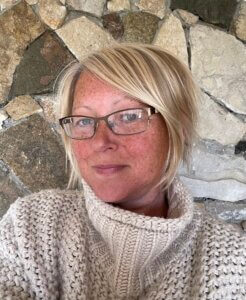 “From a coaching perspective, it’s very much about being grounded in the present. But we also look at the future and how we can take back a little bit of control in our lives by setting a few achievable goals. With this strategy, we aim to build forward momentum and to start looking positively at the future.
“From a coaching perspective, it’s very much about being grounded in the present. But we also look at the future and how we can take back a little bit of control in our lives by setting a few achievable goals. With this strategy, we aim to build forward momentum and to start looking positively at the future.
“It’s lovely connecting with people and seeing them taking control of their lives. During the session, they become just a little bit lighter, as a few of their worries disappear. As a coach, that’s really rewarding.
“I’ve definitely benefited from becoming a Cancer Coach volunteer with Cancer Support UK and I would really recommend taking part in a Cancer Coach group.”
Cancer Coach support groups are completely confidential and are available free to anyone over the age of 18 who has completed their physical cancer treatment. The groups provide practical and emotional support in a safe space to those who are experiencing low mood, anxiety and worry, and who don’t know how to move forward with their lives. The course takes participants through weekly facilitated group sessions, run over the telephone or online video. The sessions cover a series of coping strategies, techniques and exercises, which can help individuals on their recovery journey.
If you’ve just completed cancer treatment and are wondering how to cope, then please apply to join the course. Simply complete the application form online. If you have any questions, please email cancercoach@cancersupportuk.org or call: 020 3983 7616.

